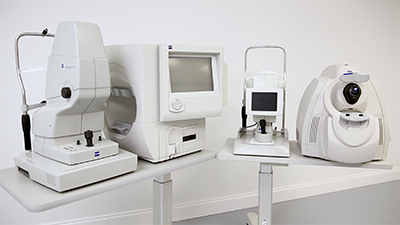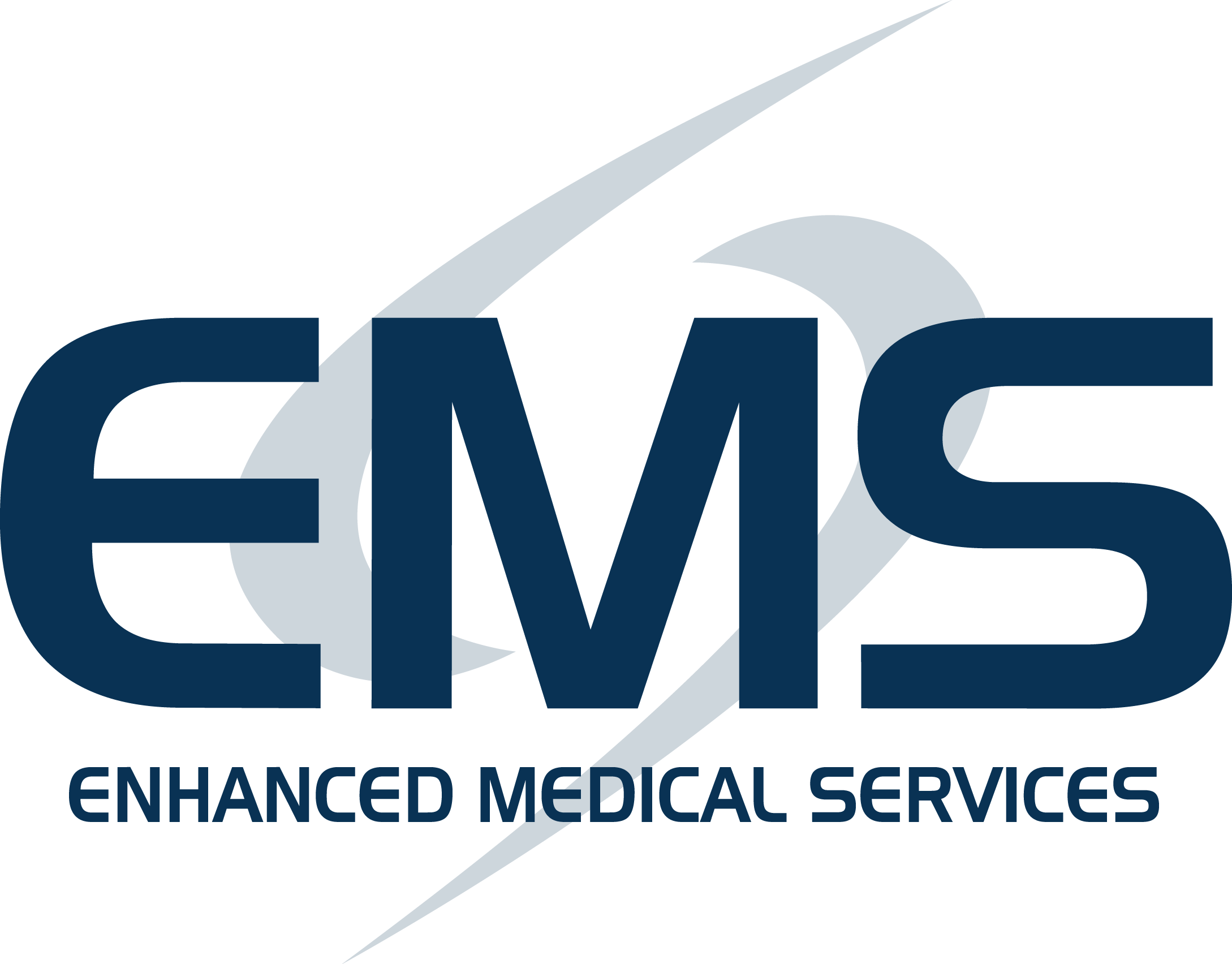
Whether you’re opening a new office, expanding your practice, upgrading to new technology, or simply replacing a broken unit, buying equipment can be a daunting task. We spoke with Tony Genovese, owner of Enhanced Medical Services (EMS), to get some advice.
1. When should a practice owner consider upgrading or adding equipment?
A practice should consider replacing equipment when a device begins to malfunction on a frequent basis or begins to slow work flow. For example, if the practice has an old fundus camera having intermittent problems and has to re-schedule the patient due to the issue, they instantly lose revenue.
Upgrading or adding new equipment is also important for a practice to stay current with evolving technologies. Patient retention tends to be higher when they view you as a high-level medical practice and not just a place to get glasses and contacts.
2. What is the impact of adding new equipment to a practice?
The impact from purchasing new or pre-owned equipment is significant if it is done for the right reasons. For example, adding non-reimbursed equipment such as an autorefractor and auto lensometer in order to see more patients on a given day would have a positive impact on your business. It would drive more revenue to the practice by increasing the number of patients seen and significantly increase patient flow which would ease stress off the staff.
Adding reimbursable equipment has the most profound effect on your practice. Not only does this type of purchase increase reimbursement revenue, but it can also increase the loyalty of your patients. If they see you as a high-tech medical practice and rely on your professional opinion, they are much more likely to return.
3. What are the things to consider when deciding to purchase new versus used equipment?
The idea for EMS was formed when I worked for a new equipment company and felt the customer was at a big disadvantage when only having the option to buy new. I was concerned about the rising cost of new capital equipment and the decline in reimbursement rates. If a practice wants the latest released unit, they will most likely need to buy new, but if they are willing to purchase a unit that is a year or two older, they can save a great deal by buying pre-owned.
4. What should someone look for in an equipment supplier?
The most important thing is to buy from someone trustworthy and who understands your practice when offering a quote. At EMS, our sales reps are more like consultants. We are happy to discuss your needs and budget and then suggest the best solution for you, whether it be new or refurbished equipment. That flexibility is one of the benefits of working with a dealer that sells both new and refurbished equipment.
One thing to watch out for when purchasing pre-owned equipment is whether the seller includes a warranty. At EMS, we want to make sure you are satisfied with your purchase and most often provide a 1-year warranty with our refurbished equipment. In addition, make sure the seller has a service department that can fully service your equipment and support their warranty. Without this, a warranty is useless and if your equipment malfunctions, you will have nowhere to turn.
5. Why should a practice owner seriously consider pre-owned equipment?
Buying refurbished equipment fosters financial savings and growth of a practice. A brand new OCT costs about $44-60K. However, if the office purchases a pre-owned OCT, the average pre-owned price today is $27- $32K. That 20-30% savings can be used towards another device or further investment into marketing dollars for the practice. If purchased from a respected dealer, you will receive the same quality OCT pre-owned as you would new. For example, at EMS our manufacturer-trained technicians fully certify each piece of equipment and provide a warranty regardless of the age of the device.
6. Is there any other advice you’d like to add about purchasing equipment?
If you are considering purchasing pre-owned equipment, ONLY purchase from a company that has service support and can truly re-certify the unit. There are a lot of companies and independent reps that sell used equipment but have no way of servicing or supporting a warranty.
Also, consider financing your equipment purchase. A monthly payment plan can ease the stress of a large expense and the equipment pays for itself over its lifetime. Be sure to ask your supplier about their financing partners because you can often get lower interest rates.
